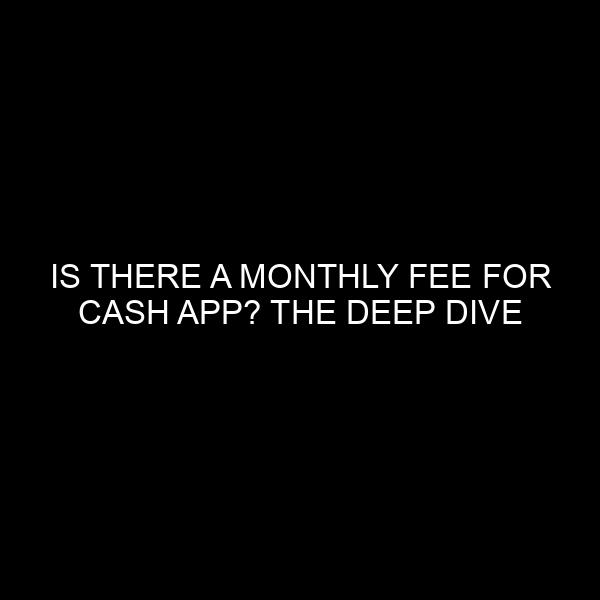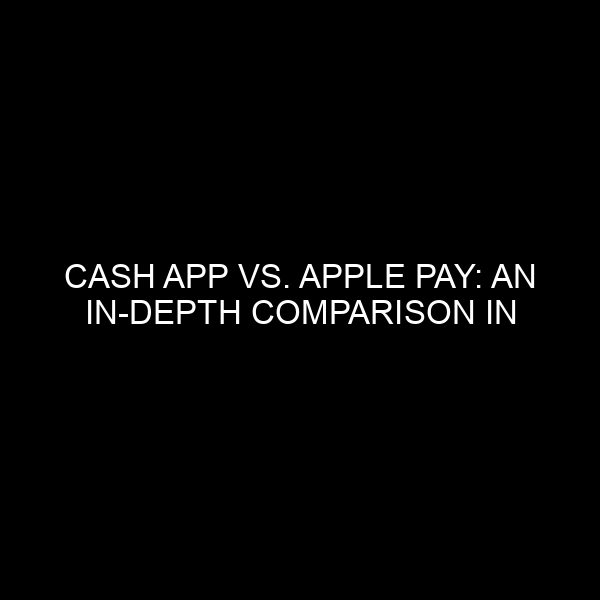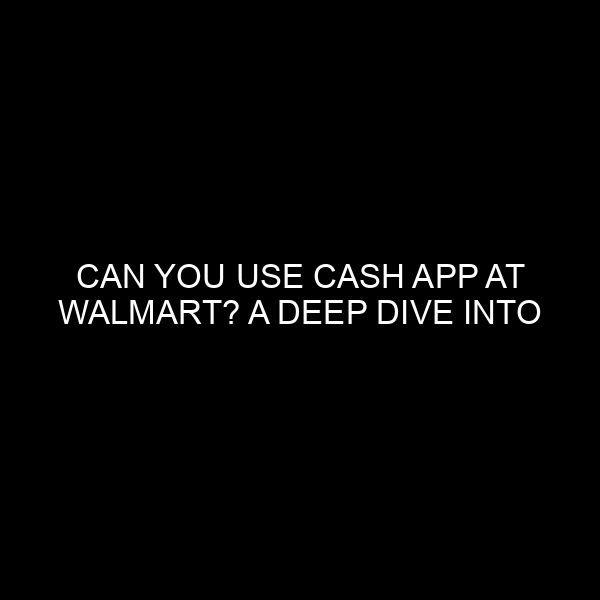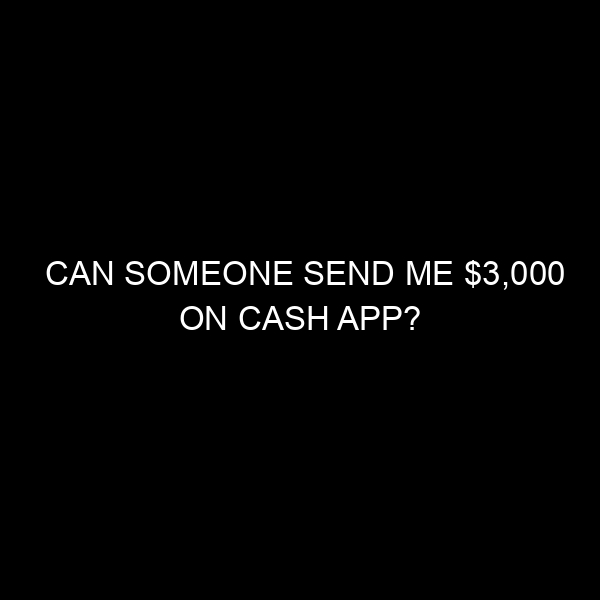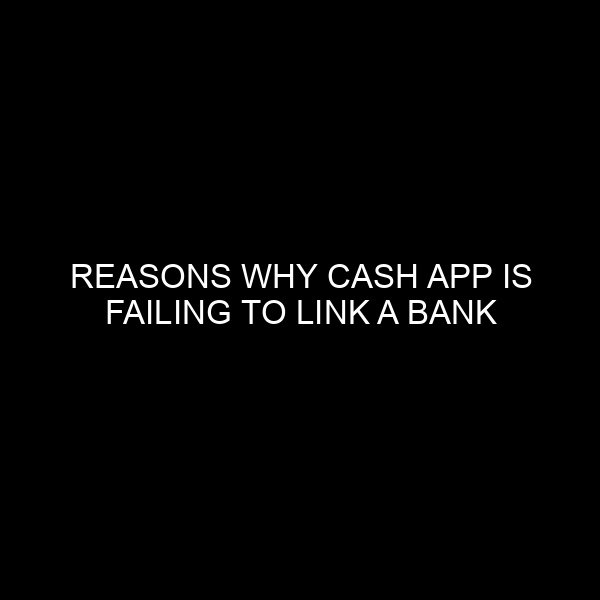Is There a Monthly Fee for Cash App? The Deep Dive
In today’s digital age, mobile payment apps have become the cornerstone of financial transactions. Gone are the days of writing checks or manually transferring funds at the bank. Among the frontrunners of this revolution is the Cash App, a mobile payment service that promises simplicity, convenience, and fast financial transfers. But does the allure of this modern-day convenience come with a price tag, specifically, a monthly fee? Let’s unpack this.
A Brief Overview of Cash App
Before diving into the specifics, it’s essential to understand what the Cash App is and its primary functionalities. Developed by Square Inc., Cash App enables users to send and receive money, link to their bank accounts, and even invest in stocks and Bitcoin. Its user-friendly interface and instantaneous transactions have made it a favorite among millennials and Gen Z, bridging the gap between traditional banking and the digital era.
Monthly Fees: Myth or Reality?
One of the most frequently asked questions regarding Cash App is about its monthly fees. To put it simply, Cash App does not charge a monthly fee for personal use. Yes, you read that right. Whether you’re sending money to a friend, receiving funds, or just holding an account, there’s no monthly charge involved.
However, like all financial tools, there are specific scenarios where Cash App might charge its users. Let’s delve into those details:
1. Business Accounts
If you’re a business and use Cash App to accept payments, you’ll be charged a 2.75% fee for each transaction received. This fee is not a monthly subscription but a per-transaction fee. Hence, if you’re a business owner, you need to factor this into your pricing or financial forecasts.
2. Instant Deposits
While standard deposits to your bank account are free and can take 1-3 business days, if you opt for an instant deposit, Cash App charges a 1.5% fee. This feature is handy when you need immediate access to your funds.
3. Credit Card Transactions
Using your credit card to send money via Cash App incurs a 3% fee. This is not a monthly fee but a charge associated with individual transactions when using a credit card.
4. ATM Withdrawals
Cash App provides users with a Cash Card, a customized debit card. While making purchases with this card doesn’t result in any charges, ATM withdrawals might. If you use an ATM to withdraw cash with your Cash Card, there’s a $2 fee. However, this fee can be waived if you receive at least $300 in direct deposits to your Cash App account within the previous 31 days.
Transparency is Key
One of Cash App’s strengths is its transparency. There are no hidden fees. Every potential charge is clearly outlined within the app and on the official website. This transparency goes a long way in building trust with its users, ensuring that they are not hit with unexpected charges.
Comparison with Other Mobile Payment Apps
When compared to other popular mobile payment apps like Venmo, PayPal, or Zelle, Cash App holds its own. Each app has its fee structure. For instance, Venmo charges a 1% fee for instant transfers, while PayPal can charge businesses 2.9% + $0.30 per sale. The key is to understand the specific costs associated with your type of usage and choose the platform that aligns best with your financial habits.
Conclusion
In the rapidly evolving world of fintech, Cash App has secured its place as a reliable and user-friendly mobile payment service. For the average user, the absence of monthly fees is a significant attraction. While there are charges associated with certain features or functionalities, they are transactional and not recurring monthly fees.
If you’re considering integrating Cash App into your financial toolkit, remember to always reference their official platform for the most up-to-date information on fees and charges. In a realm where the landscape changes rapidly, staying informed is the best way to ensure smooth and cost-effective financial transactions.
